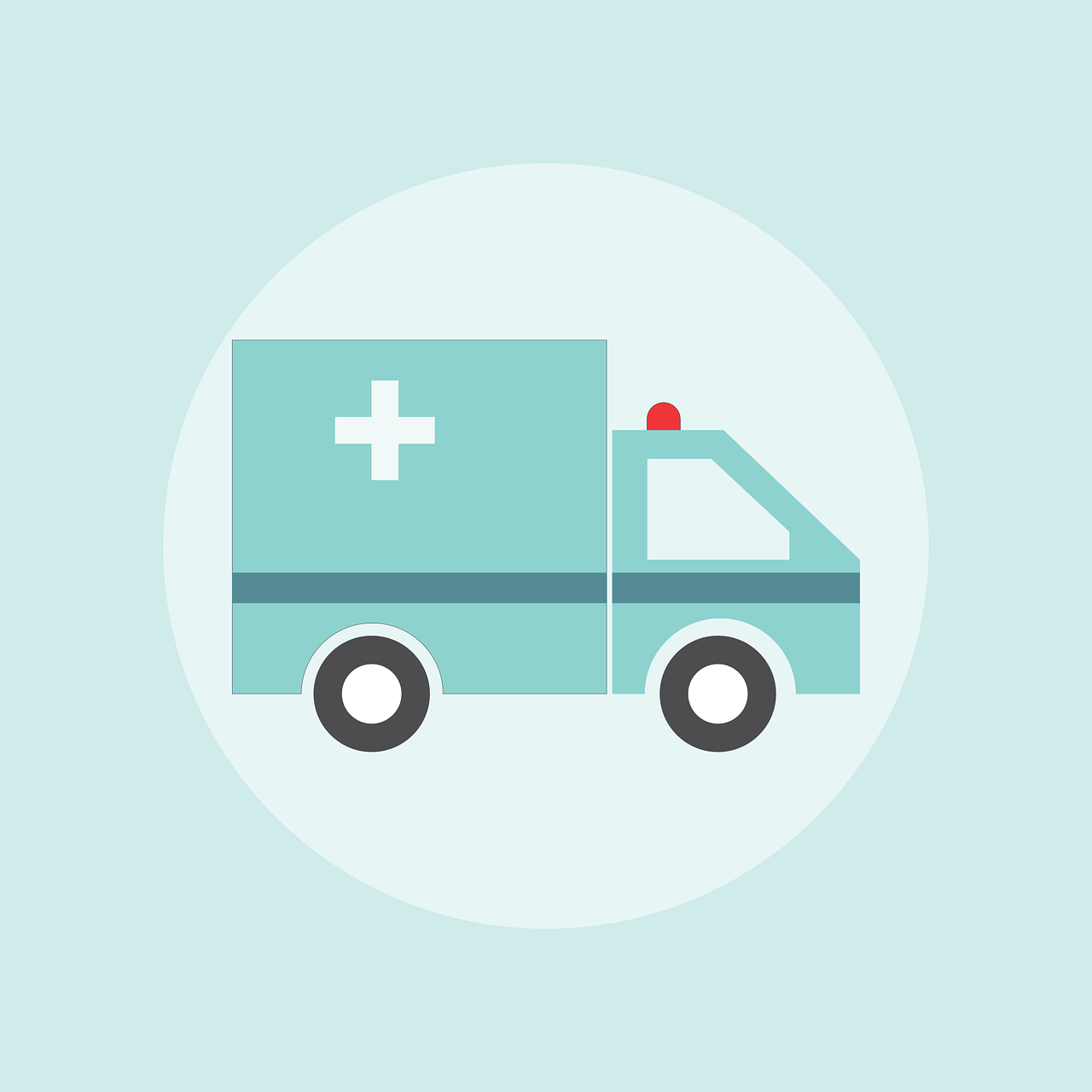By Ross Elliott, Executive Director of the California Ambulance Association.
Emergencies can strike at any moment and are never planned or predictable. But one thing is consistent – a fast response can save lives.
Over the last 50 years, 9-1-1 ambulance operators, fire and police departments have always paid their employees to remain on-call during breaks in case they need to respond to a nearby emergency. This is a national standard and the very definition of “emergency response.”
But that could change due to a 2016 California Supreme Court decision that said private security guards could not be on-call during work breaks. Now, special interests and trial attorneys are attempting to take advantage of the security guard decision and apply it to private, but not public, emergency ambulance crews. This would mean that 9-1-1 dispatchers could not contact private EMTs or paramedics during work breaks under any circumstance – not even if the emergency was just blocks away, or if there was a mass shooting or disaster.
This could have a devastating impact on California’s health care system and put patient care at risk because private EMTs and paramedics respond to about 75% of the state’s 9-1-1 calls. In fact, many local governments rely on private ambulance services to keep their communities safe. But the security guard ruling would compromise patient care, especially in rural areas where the next closest ambulance could be 30 minutes or more away.
Recognizing the immediate and looming threat to public safety, local governments and private ambulance providers attempted to obtain a legislative solution to this problem by allowing private ambulance crews to continue to be paid to be reachable during work breaks, just like their publicly employed counterparts. Unfortunately, legislation never made it to a final vote.
Proposition 11 is a sensible solution that will ensure reliable emergency medical response is available when you need it most. It simply continues the longstanding practice of paying private EMTs and paramedics to remain reachable during their breaks, just like public EMTs and paramedics, police officers and firefighters.
In addition, Proposition 11 recognizes the need for EMTs and paramedics to be well-rested and ready to perform their lifesaving duties. The measure continues California law that entitles them to an additional hour of compensation if they miss a break and it cannot be rescheduled during their work shift. It also requires employers to maintain adequate staffing levels so breaks can be taken, and prevents employers from making ambulance crews take breaks at the very beginning or end of their shift. These workplace protections are an important piece of Proposition 11 that will help our first responders be at the ready to respond when a patient calls for help.
Finally, the measure requires ambulance companies to provide employer-paid mental health benefits and yearly wellness training. And, Proposition 11 ensures private ambulance crews receive employer-paid training that meets FEMA standards for responding to natural disasters and active shooter incidents.
In November, vote “Yes” on Proposition 11 to ensure an ambulance will be there when you or your loved ones call 9-1-1.
[divider] [/divider]
Ross Elliott is the Executive Director of the California Ambulance Association and former director of the Kern County Emergency Medical Services Department.





